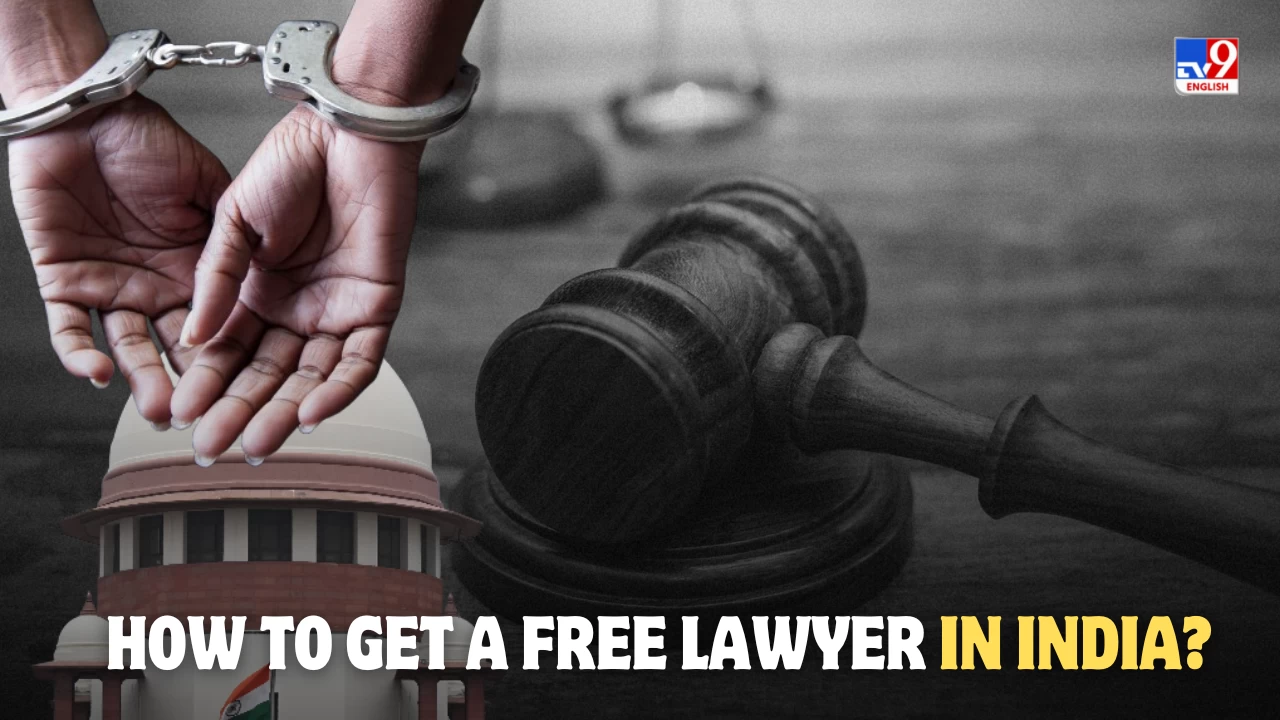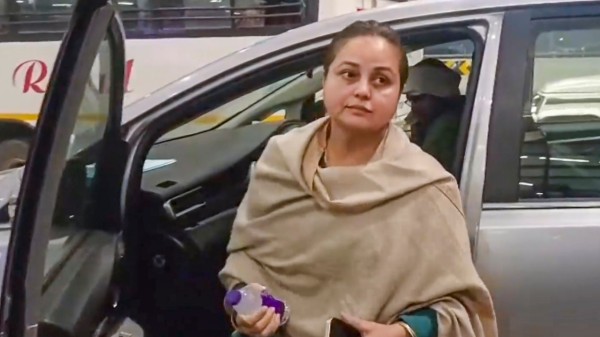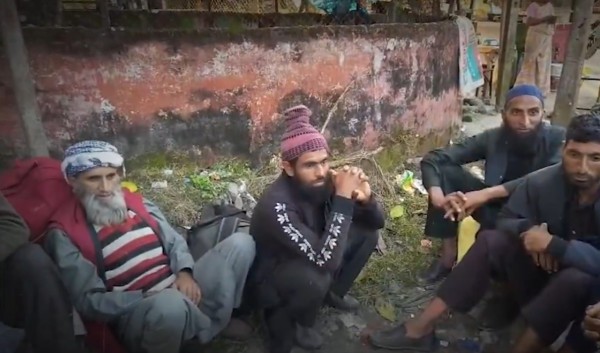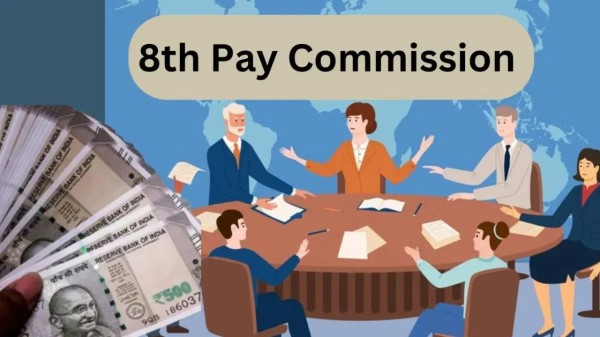

By signing in or creating an account, you agree with Associated Broadcasting Company's Terms & Conditions and Privacy Policy.


By signing in or creating an account, you agree with Associated Broadcasting Company's Terms & Conditions and Privacy Policy.

New Delhi: For millions of Indians, the idea of hiring a lawyer is little more than an unaffordable dream. Courtrooms feel distant, legal language intimidating and disputes often linger for years simply because people do not know where to turn. Yet an entire national system exists to make justice free, accessible and humane for those who need it the most. That system is the National Legal Services Authority, better known as NALSA.
Set up under the Legal Services Authorities Act of 1987 and fully operational since 1995, NALSA was created to give substance to a constitutional promise that justice must never depend on money, privilege or power. Rooted in Article 39A of the Constitution, the authority ensures that no citizen is denied their day in court because of economic hardship, disability or social disadvantage.
Today, it forms the backbone of India’s legal aid framework, stretching from the Supreme Court in Delhi to the smallest taluk courts across the country.
At its helm stand the country’s senior-most judges, with the Chief Justice of India serving as Patron-in-Chief and a sitting Supreme Court judge functioning as Executive Chairman. But NALSA’s real strength lies in its nationwide structure:
NALSA’s work extends far beyond appointing lawyers for those who cannot afford representation. Its initiatives include:
Legal literacy is another pillar of NALSA’s mission. State authorities collaborate with NGOs, schools and colleges to ensure citizens understand their basic rights and know where to seek help. School legal literacy clubs and village legal aid clinics now act as everyday touchpoints for people seeking guidance.
Over the years, NALSA has also revised income ceilings to include more beneficiaries and strengthened monitoring to ensure the quality of legal aid remains high. Judges and magistrates are regularly sensitised to the challenges faced by poor litigants, helping build a legal culture grounded in empathy rather than formality.
Perhaps NALSA’s most significant contribution is cultural. By encouraging negotiated settlements, reducing the burden on courts and ensuring swift relief for those stuck in the justice system, it has helped shift the focus from confrontation to resolution. Its long-term goal is clear: a nation where even the most vulnerable citizen can seek justice without fear, delay or cost.












